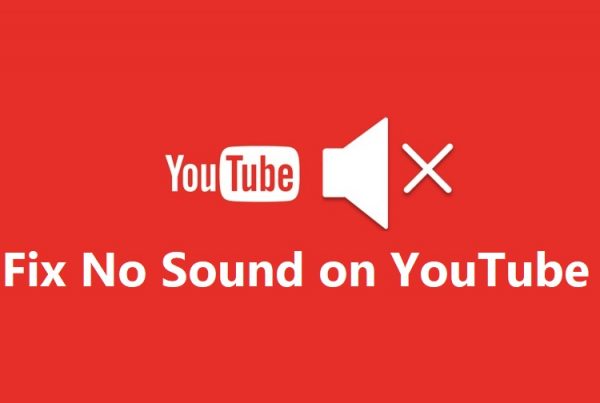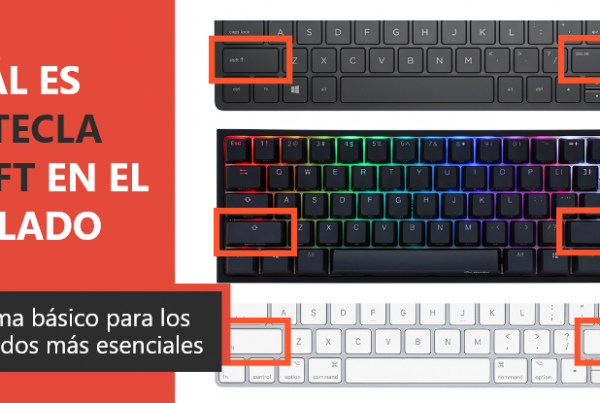The multichannel marketing refers to an approach in which customers can contact retailers or service providers in various ways (channels) to place an order.
Various sales and communication channels
At this time, customers no longer approach companies through a single communication channel and are not limited to a single distribution channel. If customer A only buys in over-the-counter stores and customer B only in online stores, the sales generated by customer B are lost in a store that only makes over-the-counter sales. Likewise, a pure online store will have to dispense with the sales of customer A. Multichannel marketing, for its part, aims to offer several sales channels in order to attract both customer A and customer B. As a result, the entrepreneur, that conducts its business through various channels, has especially greater sales opportunities than one that is limited to a single channel.
Typical distribution and communication channels
Typical distribution possibilities for multichannel marketing are:
- Sale in a fixed location in a store with personalized advice on site.
- A kiosk system that reports on a product.
- Distribution by mail with orders placed by phone, email or fax.
- Distribution through an online store or online auction platform with orders through web forms.
- Sales through internet mobile phone apps (for example, shopping apps for smartphones and tablets).
- Mobile sales through commercial agents.
- Cell phone trade (for example, weekly market sales).
- Tele-purchase with telephone order as a result of television commercials.
Multichannel strategies are also possible and recommended when it comes to communication with consumers. At the same time as traditional communication channels such as telephone, fax, email and postal mail, companies can offer additional contact options, for example, a contact form on the company web portal, a function of comments on the corporate blog, profiles on social networks (for example, Facebook or Twitter) or online forums. In-store personal consulting would be part of the communication strategy as long as a fixed location business exists.
Interconnection
An important strategic decision in multichannel marketing is the degree of interconnection between the different distribution channels. There are companies that separate their online business from the physical store business. Other companies, however, link online and offline offers. Examples of this are:
- Bonuses that apply both online and in the store business.
- Products ordered online can be delivered totally free at a branch and collected there.
- Goods ordered in the online store can be returned in a store.
- Commercial promotion for the online store within the over-the-counter store and vice versa.
- Information on each product in the online store as to what the local store has in stock.
For the client, the close interrelation of the different sales channels is a convenience for advice and purchase. However, the effort and costs involved in running a cooperative also increase considerably. Not all companies are capable of meeting this financial and organizational challenge. In the strict separation of the distribution channels, the aforementioned advantages for the customer will be eliminated. However, the entrepreneur can focus on his core competencies and provide consumers with a better service in their respective distribution channels.
Advantages of multichannel marketing
At the same time as better market coverage, which allows the development of new customer groups, multichannel marketing can also reduce sales costs, for example, if an advertising campaign can cover several commercial promotion channels. Multichannel marketing also constitutes a distribution of risks. If one sales channel does not generate sales or does not perform well enough, the sales of the other distribution channels can absorb the losses, if necessary. The business risk decreases.






